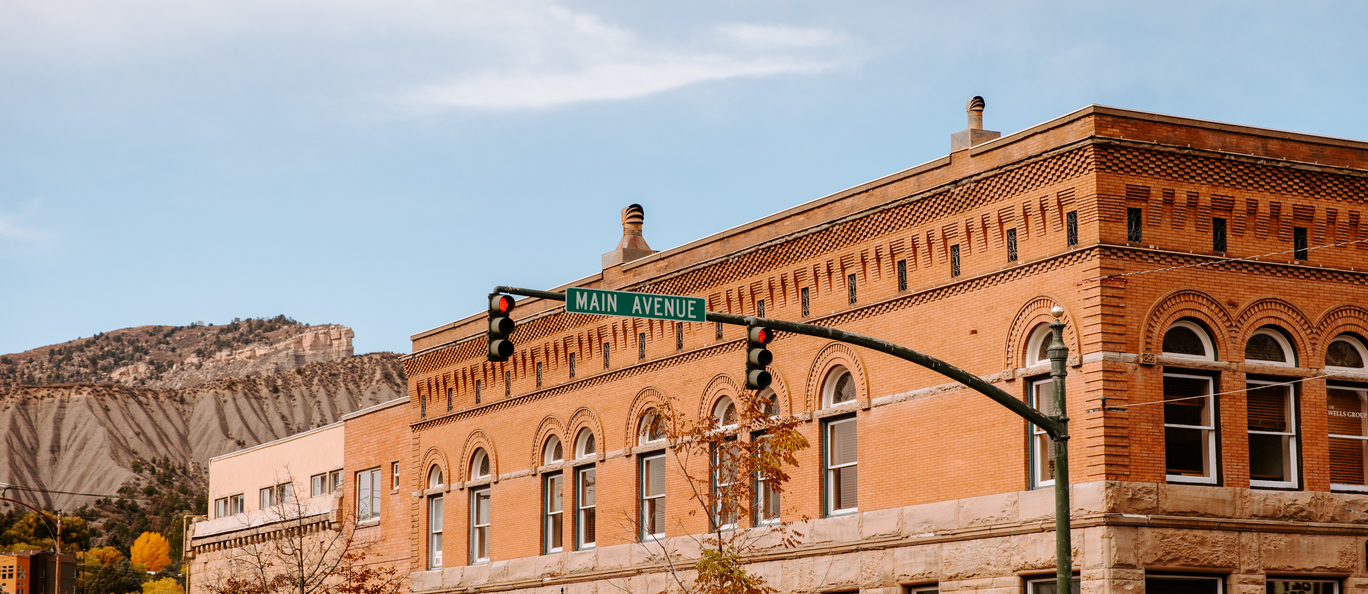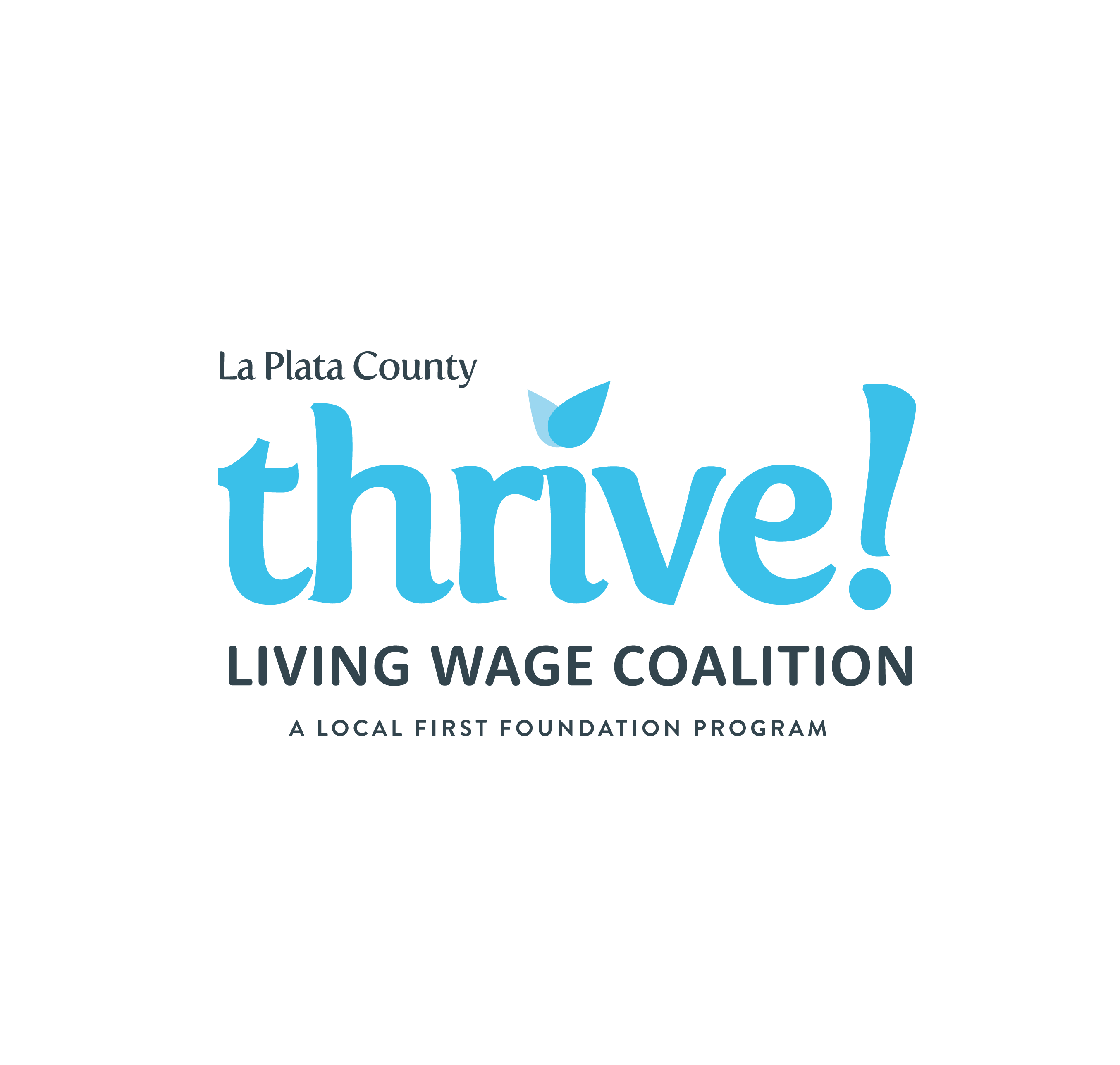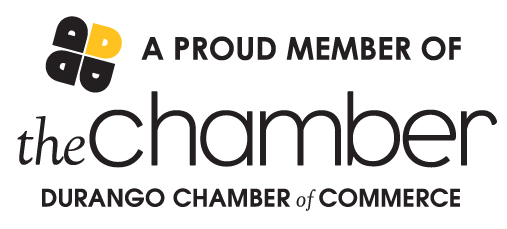
The Case for Unified, Mindful Development
(Published Saturday, January 29th, 2022 in The Durango Herald. Digital version available, here.)
At Local First, our mission to create an economy that values people, the planet, and prosperity for everyone extends beyond our work with the local, independent business community. While preserving opportunity for independent business remains at the core of our focus in facilitating a self-reliant economy, the broader thread of localism must weave through every aspect of development in order to create a community that can foster sustainable long-term business ventures while withstanding the humanitarian, environmental, and economic uncertainties of the future.
Localism is the forward-thinking lens we adopt to ensure we are progressing in a mindful direction that not only accounts for circular economic stability, but equally prioritizes climate action with meeting the physiological and wellness needs of every neighbor. It is a collaborative approach that aims to tackle multiple considerations of the triple bottom line with every action we take.
In 2019, we applied this lens to the issue of affordable healthcare after our business members marked it as a prominent barrier to supporting their employees. After years of convening stakeholders to create a healthcare collaborative, we have enabled four counties to purchase a local healthcare option, driving rates down by 35%. This serves as an example of creative problem-solving to address an issue that seemed too large and convoluted to tackle locally.
Amidst the storm of issues swirling around the headlines today, it is often difficult to determine where to focus our energy: housing, inflation, worker shortage, rising cost of living, public health system strain, supply-chain shortages, etc. Yet, when we take a step back and apply the lens of localism, we are reminded that all of these issues are interconnected and require mindful action so we can chip away at addressing each with every decision we make.
Now, our collective attention has turned towards the physical development of our community, especially concerning the below-market housing crisis that is threatening our ability to support, protect, and retain the folks currently residing in our region. We have been grateful for our community partners and elected officials elevating the conversation around housing by hosting educational sessions and resource-sharing opportunities this past month. We have been especially appreciative of our municipalities’ reaffirmed commitment to thinking strategically about how we use our remaining publicly-owned structures and land to address the web of issues.
As recent events concerning the former 9-R Administration Building have shown, our community is invested in the future of historic properties in Durango. From an economic vitality standpoint, Durango’s URA (our urban renewal partnership), is dependent on tax incremental financing of opportune buildings. With what was originally considered the cornerstone property of the URA now in a non-taxable position, looking for opportunities to partner with community-minded, private buyers is imperative for the financial success of the plan.
We can look to city-facilitated initiatives such as the Espero Supportive Housing Complex, Animas View MHP Cooperative, the residential purchase of the River View Drive Mobile Home Park, and the most recent intent to purchase the Best Western Inn & Suites as shining examples of creative public-private partnerships that enable ownership opportunity and housing stability for residents. The Smiley Building is another example of a successful public-to-private transfer of ownership that has resulted not only in a community hub providing opportunities for local businesses and nonprofits to flourish, but also establishing a steady revenue source for the community through property and sales tax.
We continue to applaud our elected officials and municipal staff for their effort to approach these complex development needs with creativity. We especially applaud solutions that prioritize incentives that address several issues simultaneously – such as subsidies for developers and occupants, meeting higher energy efficiency standards, increasing density by building up rather than sprawling outward, increasing economic vitality in commercial areas, building along public transportation corridors, etc. Through the lens of localism, we can use these complex opportunities to move forward in ways that prioritize mindful development, preserving the stability and sense of place in our community.
Lauren Haggerty is Policy & Programs director of Local First. Contact her at lauren@local-first.org.
(Originally published Saturday, January 29th, 2022 in The Durango Herald. Digital version available, here.)







